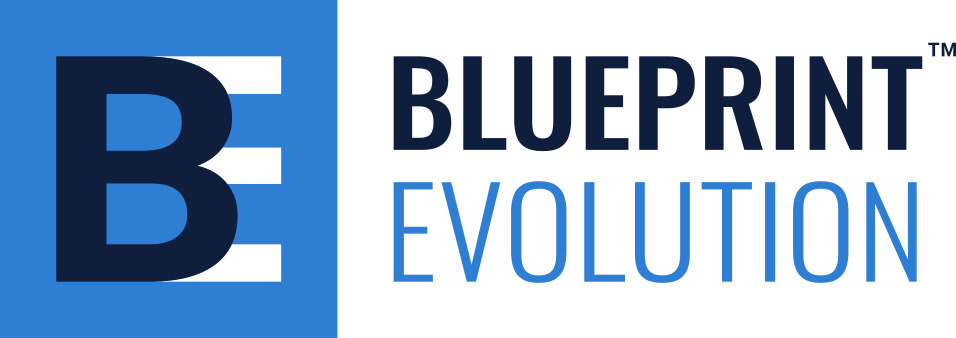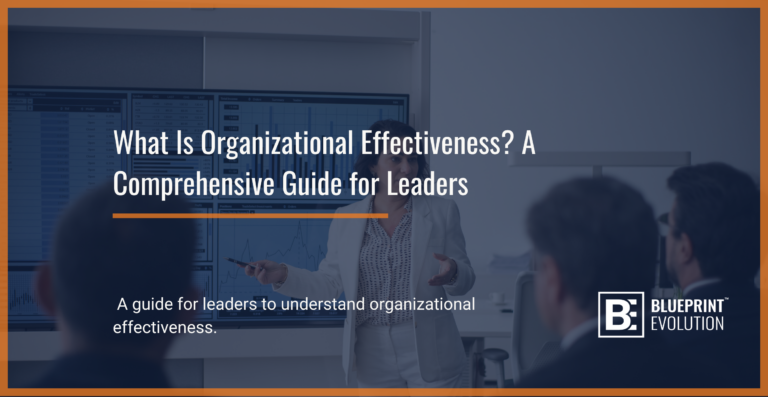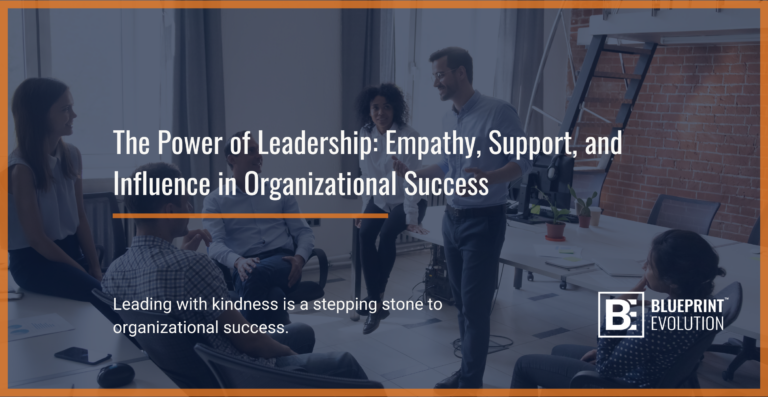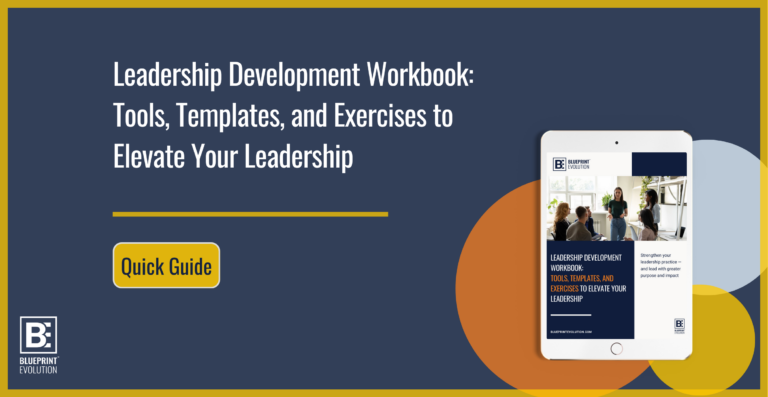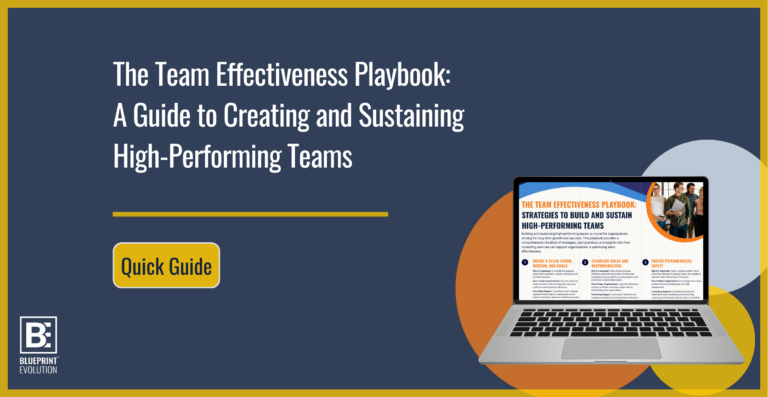Elevate Your Team’s Performance with Expert Consulting
In today’s dynamic business environment, aligning individual capabilities with organizational goals is crucial for success. Our Performance Management Consulting service is designed to bridge this gap effectively. We empower your team to not only meet but exceed their potential, driving sustained growth and achievement. By leveraging tailored strategies and actionable insights, we ensure that every team member contributes to a high-performance culture, maximizing overall organizational impact.
Benefits of Effective Performance Management
- Increased Accountability: Clear performance metrics enhance individual responsibility and align your team towards common goals.
- Boosted Productivity: Organizations with robust performance management systems report 14% higher productivity compared to those without.
- Enhanced Employee Satisfaction: Consistent feedback and developmental support increase employee engagement, with 70% of employees feeling more involved.
- Improved Team Effectiveness: Effective performance management is associated with a 25% increase in overall team effectiveness, fostering a cohesive environment with aligned goals and constructive feedback.

The Blueprint Approach
- Systematic Goal-Setting: We implement robust goal-setting frameworks that align with your organizational objectives, providing clear direction and measurable targets.
- Performance Reviews: Through regular and structured performance reviews, we assess employee progress and provide actionable feedback to ensure continuous alignment with business goals.
- Development Opportunities: We identify and facilitate professional development opportunities that meet the aspirations of your employees while serving the strategic needs of your team and organization.
Contact us today to learn more about how we can help you achieve your goals.
OUR TALENT DEVELOPMENT AND TEAM EFFECTIVENESS SOLUTIONS

Focusing on identifying and nurturing leadership potential within the organization. This involves providing tailored leadership training, mentorship programs, and coaching to develop individuals for leadership roles. Effective leadership development ensures that the organization has qualified leaders who can guide teams towards achieving strategic objectives, fostering a culture of excellence and innovation.
Developing comprehensive strategies to attract, select, and onboard new talent effectively. This includes designing inclusive recruitment and hiring processes, defining clear job roles, and ensuring a smooth integration of new employees into the organizational culture. A robust talent acquisition and recruitment strategy helps attract diverse skill sets and perspectives, strengthening the team’s capabilities and adaptability.
Establishing systematic processes to set clear performance expectations, assess employee performance, provide constructive feedback, and support professional growth. This involves implementing goal-setting frameworks, conducting regular performance reviews, and identifying development opportunities aligned with individual and team objectives. Effective performance management enhances accountability, productivity, and employee satisfaction, contributing to overall team effectiveness.
Creating a culture of continuous learning and fostering active employee engagement in their professional growth. This encompasses offering various learning opportunities, such as training programs, workshops, mentorship initiatives, and coaching to enhance skills and competencies. Providing avenues for employees to contribute ideas, take on challenging assignments, and participate in decision-making processes promotes a sense of ownership and commitment. Employee development and engagement initiatives maximize individual potential, cultivate a high-performance culture, and drive overall team effectiveness.
Identifying and nurturing individuals within the organization who demonstrate potential to fill key leadership positions. Succession planning involves assessing talent, providing targeted development opportunities, and creating career pathways to ensure a pipeline of capable leaders. By proactively preparing for leadership transitions, organizations mitigate risks associated with talent gaps, ensuring continuity and stability in team performance.
- Leadership Development
-
Focusing on identifying and nurturing leadership potential within the organization. This involves providing tailored leadership training, mentorship programs, and coaching to develop individuals for leadership roles. Effective leadership development ensures that the organization has qualified leaders who can guide teams towards achieving strategic objectives, fostering a culture of excellence and innovation.
- Talent Acquisition & Recruitment
-
Developing comprehensive strategies to attract, select, and onboard new talent effectively. This includes designing inclusive recruitment and hiring processes, defining clear job roles, and ensuring a smooth integration of new employees into the organizational culture. A robust talent acquisition and recruitment strategy helps attract diverse skill sets and perspectives, strengthening the team’s capabilities and adaptability.
- Performance Management
-
Establishing systematic processes to set clear performance expectations, assess employee performance, provide constructive feedback, and support professional growth. This involves implementing goal-setting frameworks, conducting regular performance reviews, and identifying development opportunities aligned with individual and team objectives. Effective performance management enhances accountability, productivity, and employee satisfaction, contributing to overall team effectiveness.
- Talent Development & Engagement
-
Creating a culture of continuous learning and fostering active employee engagement in their professional growth. This encompasses offering various learning opportunities, such as training programs, workshops, mentorship initiatives, and coaching to enhance skills and competencies. Providing avenues for employees to contribute ideas, take on challenging assignments, and participate in decision-making processes promotes a sense of ownership and commitment. Employee development and engagement initiatives maximize individual potential, cultivate a high-performance culture, and drive overall team effectiveness.
- Succession Planning
-
Identifying and nurturing individuals within the organization who demonstrate potential to fill key leadership positions. Succession planning involves assessing talent, providing targeted development opportunities, and creating career pathways to ensure a pipeline of capable leaders. By proactively preparing for leadership transitions, organizations mitigate risks associated with talent gaps, ensuring continuity and stability in team performance.
ORGANIZATIONAL MANAGEMENT SOLUTIONS
Recent Blogs
Check out our other content on this topic!
